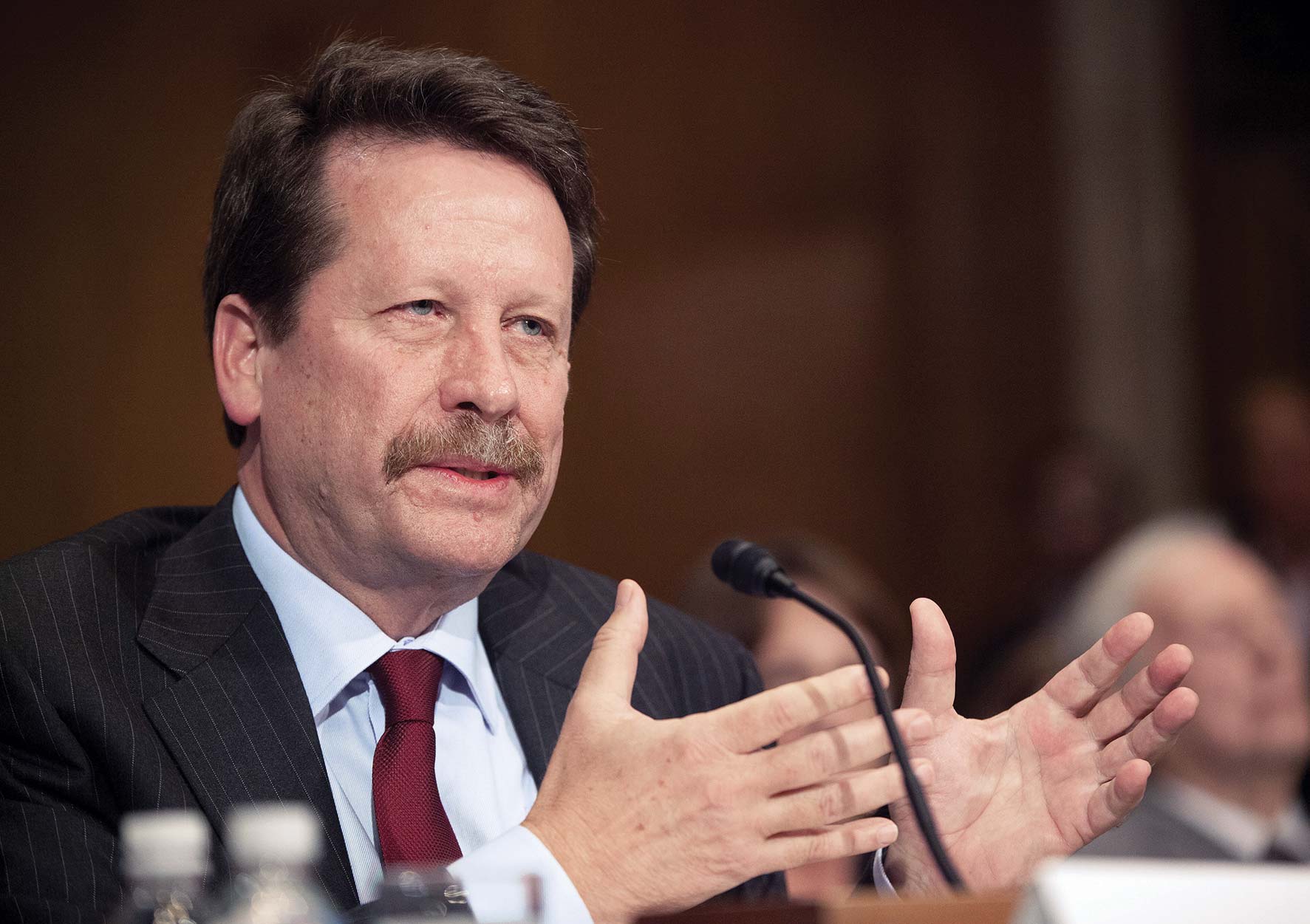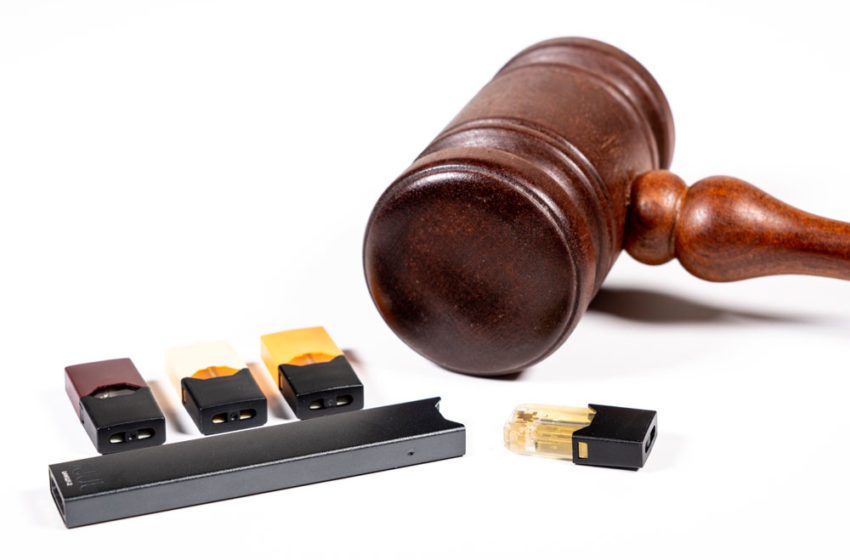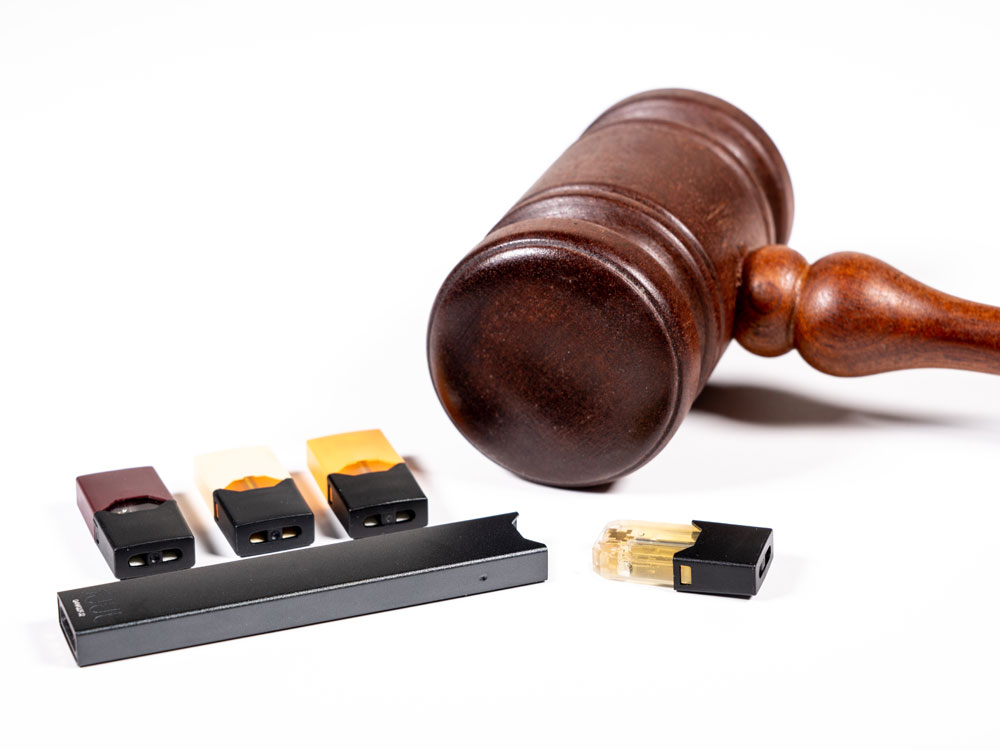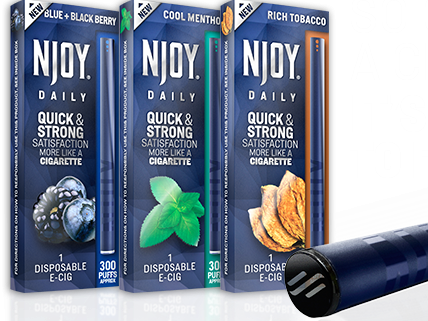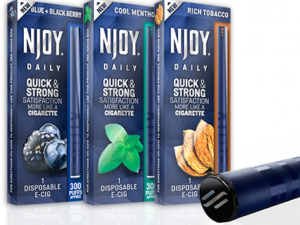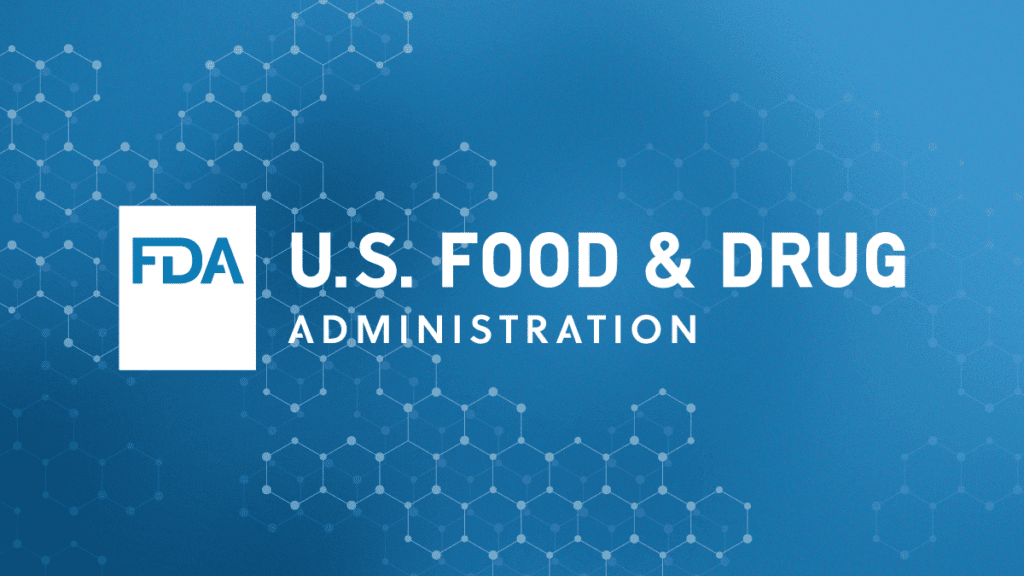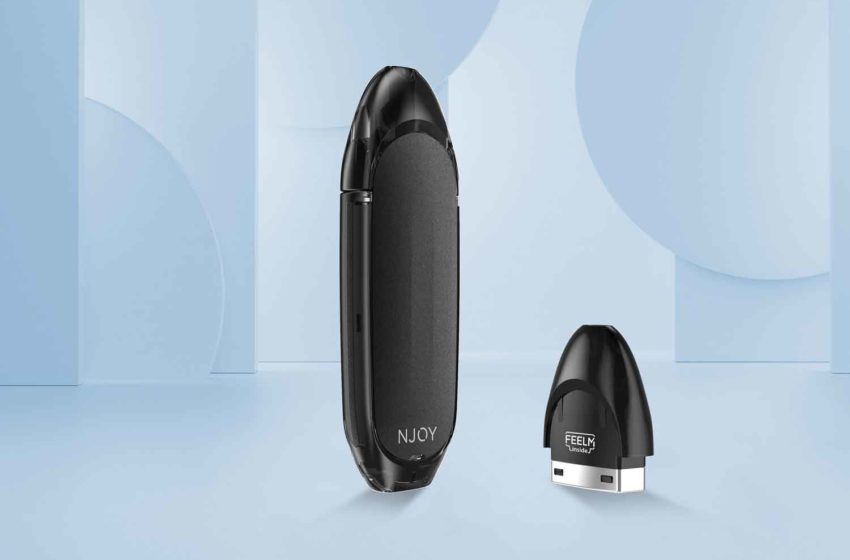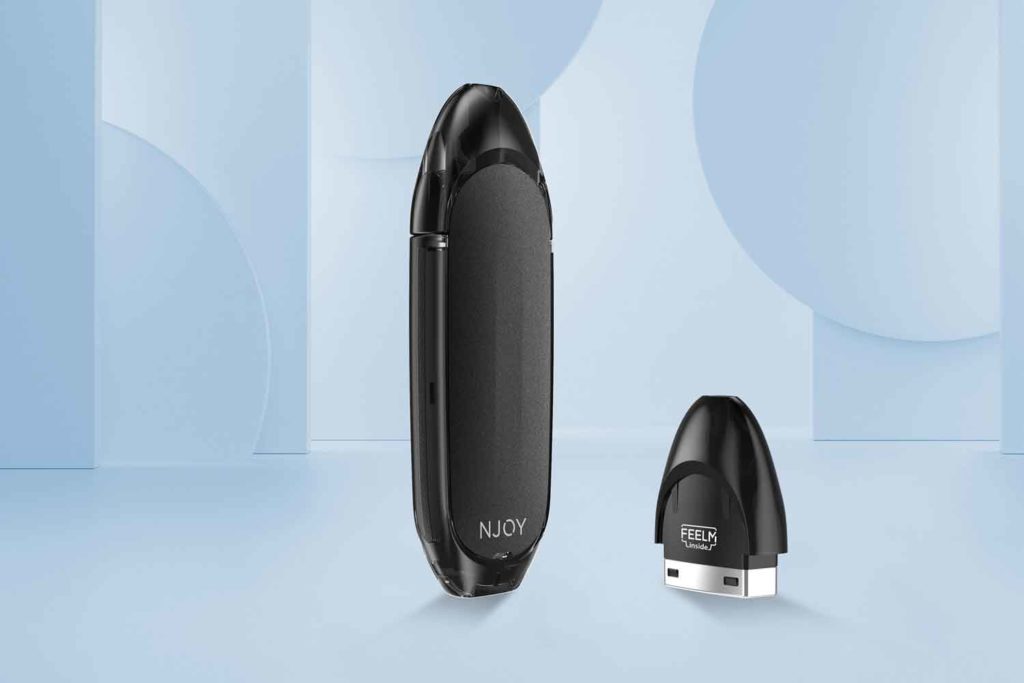The U.S. Court of Appeals for the Eleventh Circuit has ruled that the U.S. Food and Drug Administration’s marketing denial orders (MDOs) for Kaival Brands’ Bidi Vapor products are arbitrary and capricious.
“The Administration refused to consider the marketing and sales access restrictions plans based on both its need for efficiency and its experience that the marketing and sales access restrictions do not sufficiently reduce youth use of electronic nicotine products,” Chief Judge William Pryor wrote. “Because ‘agency action is lawful only if it rests on a consideration of the relevant factors,’ and the Administration failed to consider the marketing and sales access restrictions plans, the marketing denial orders were arbitrary and capricious.”
In the court’s 2-1 split decision, additionally, the majority stated:
- The court recognizes relevant distinctions between closed/cartridge systems (that are easy to conceal and use) and the open tank liquids sold in vape shops
- FDA’s refusal to review marketing plans was error and not harmless (disagreeing with Fifth and DC Circuits)
In the 70-page opinion, Bidi Vapor, Diamond Vapor, Johnny Copper, Vapor Unlimited, Union Street Brands and Pop Vapor, the petitioners in the case, had all appeals granted, denial orders vacated and remanded.
In her dissent, Judge Robin Stacie Rosenbaum wrote, “Spoiler alert: This opinion contains spoilers on how the U.S. Food and Drug Administration will resolve petitioner vaping product companies’ premarket tobacco product applications on remand from this appeal.”
She then stated “never mind. There’s nothing to spoil here. Anyone who knows all the relevant facts necessarily already knows how this one ends.”
She stated that the while the majority faulted the FDA for not considering the companies’ proposed restrictions on youth use, the FDA’s framework for evaluating PMTAs leaves “no room for doubt that the FDA will deny—in fact, under the Family Smoking Prevention and Tobacco Control Act, must deny—the applications on remand. To paraphrase the Borg, then, remand is futile.”
This story will be updated.







